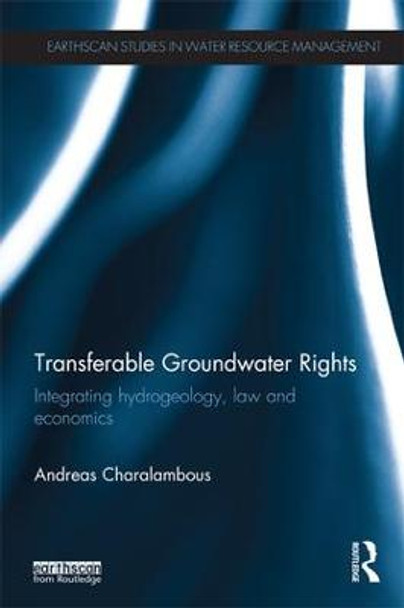Description
The principle of transferable groundwater rights is that by making water rights capable of being traded in the market, water resources can be used more sustainably and efficiently. Groundwater would achieve its economic value, by switching from the high volume-low value irrigation, which is prevalent with many farmers, particularly in South Asia, to low volume-high value urban supply or the growing of intensive horticultural or cash crops.
This book discusses transferable groundwater rights in their broader context. It starts with a detailed description of the physical aspects of groundwater, which non-technical readers should find useful, followed by a discussion of legal and economic aspects. Water transfers and the international experiences in transferable groundwater rights are dealt with in detail in two subsequent chapters. A model is presented to guide those involved in water resources management and planning in their decision process to introduce transferable groundwater rights and water rights trading.
The author concludes that transferable groundwater rights potentially offer a better alternative to land-based water rights systems. However, he casts serious doubt on whether groundwater rights trading on its own can achieve water resources sustainability, environmental protection and social equity. Government intervention seems to be almost always needed to assist the water rights market and take responsibility for any of its adverse consequences.
About the Author
Andreas Charalambous is a Consultant and Director of Hydrolaw Ltd, Guildford, UK. He has postgraduate qualifications in hydrogeology from University College, London, and in water law from the UNESCO Centre for Water Law and Policy, University of Dundee.
Book Information
ISBN 9781138680296
Author Andreas N. Charalambous
Format Paperback
Page Count 208
Imprint Routledge
Publisher Taylor & Francis Ltd
Weight(grams) 453g




